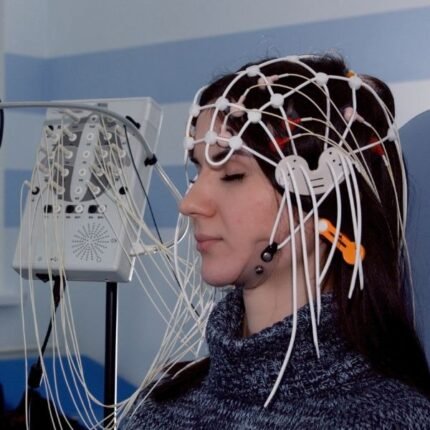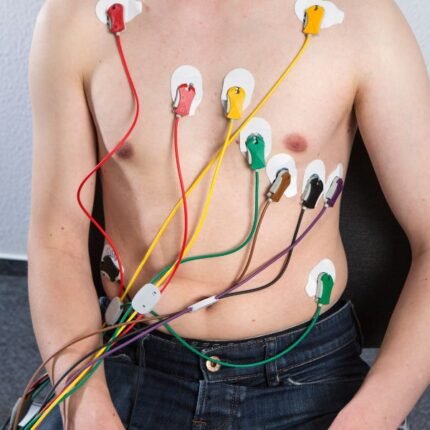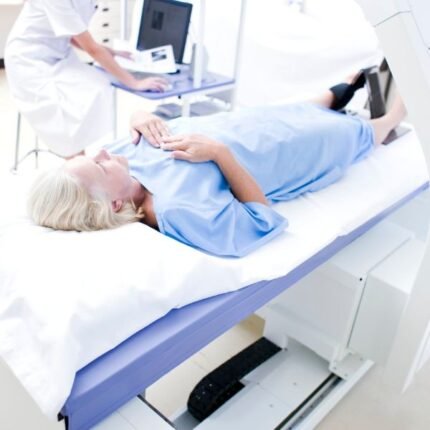Why is electromyography?
EMG can help your doctor determine the underlying cause of these symptoms.
- Tingling
- Numbness
- Muscle weakness
- Muscle pain or cramping
Paralysis - Involuntary muscle twitching (or tics)
- Muscle disorders, such as muscular dystrophy
- Radiculopathies
- Peripheral nerve disorders that affect the nerves outside the spinal cord, such as carpal tunnel syndrome
- Nerve disorders, such as amyotrophic lateral sclerosis
The NVC test helps your doctor differentiate between an injury to the nerve fibre and an injury to the myelin sheath, the protective covering surrounding the nerve. It can also help your doctor tell the difference between a nerve disorder and a condition where a nerve injury has affected the muscles. The importance of an NCV test is to look for nerve damage. During the test, a nerve is directly stimulated with an electrical current to see how it reacts. NCV tests can help diagnose a variety of muscular and neuromuscular conditions.
Who needs NCV test?
An NCV test can be used to diagnose a number of muscular and neuromuscular disorders, including:
- Guillain-Barre syndrome
- carpal tunnel syndrome
- Charcot-Marie-Tooth (CMT) disease
- herniated disk disease
- chronic inflammatory polyneuropathy and neuropathy
- sciatic nerve problems
- peripheral nerve injury














